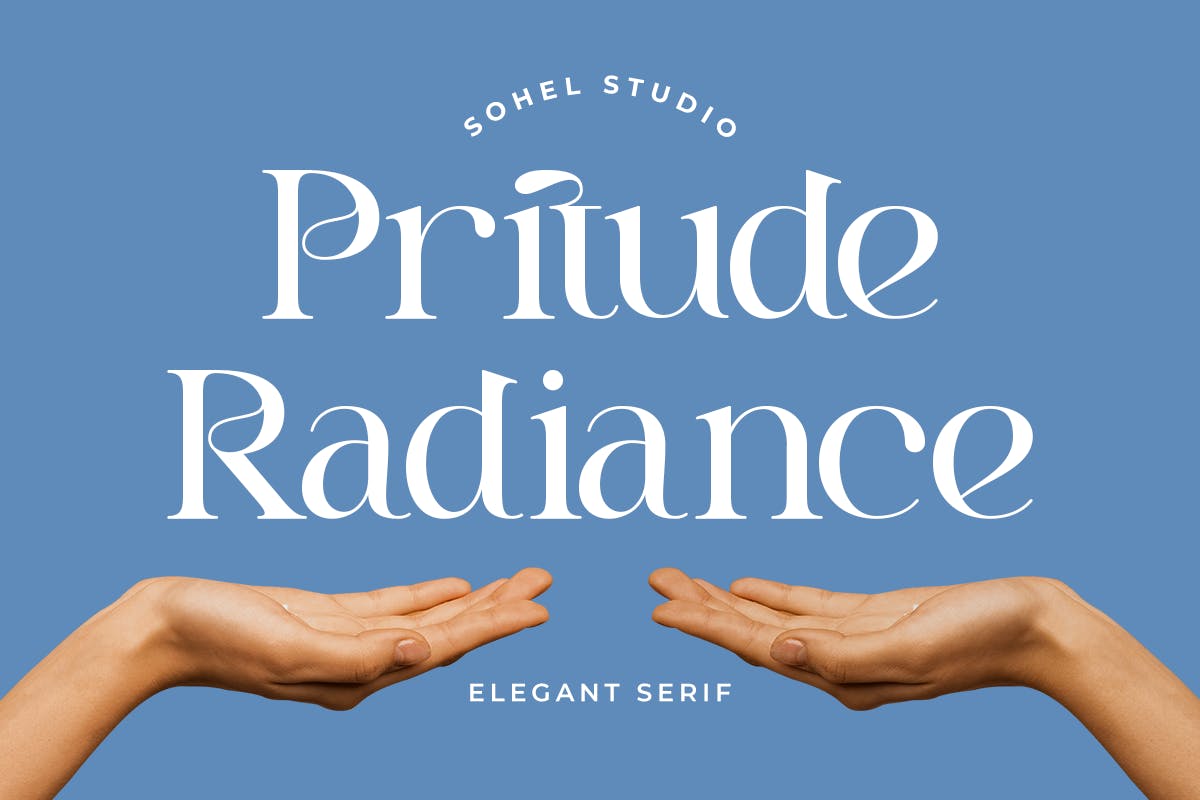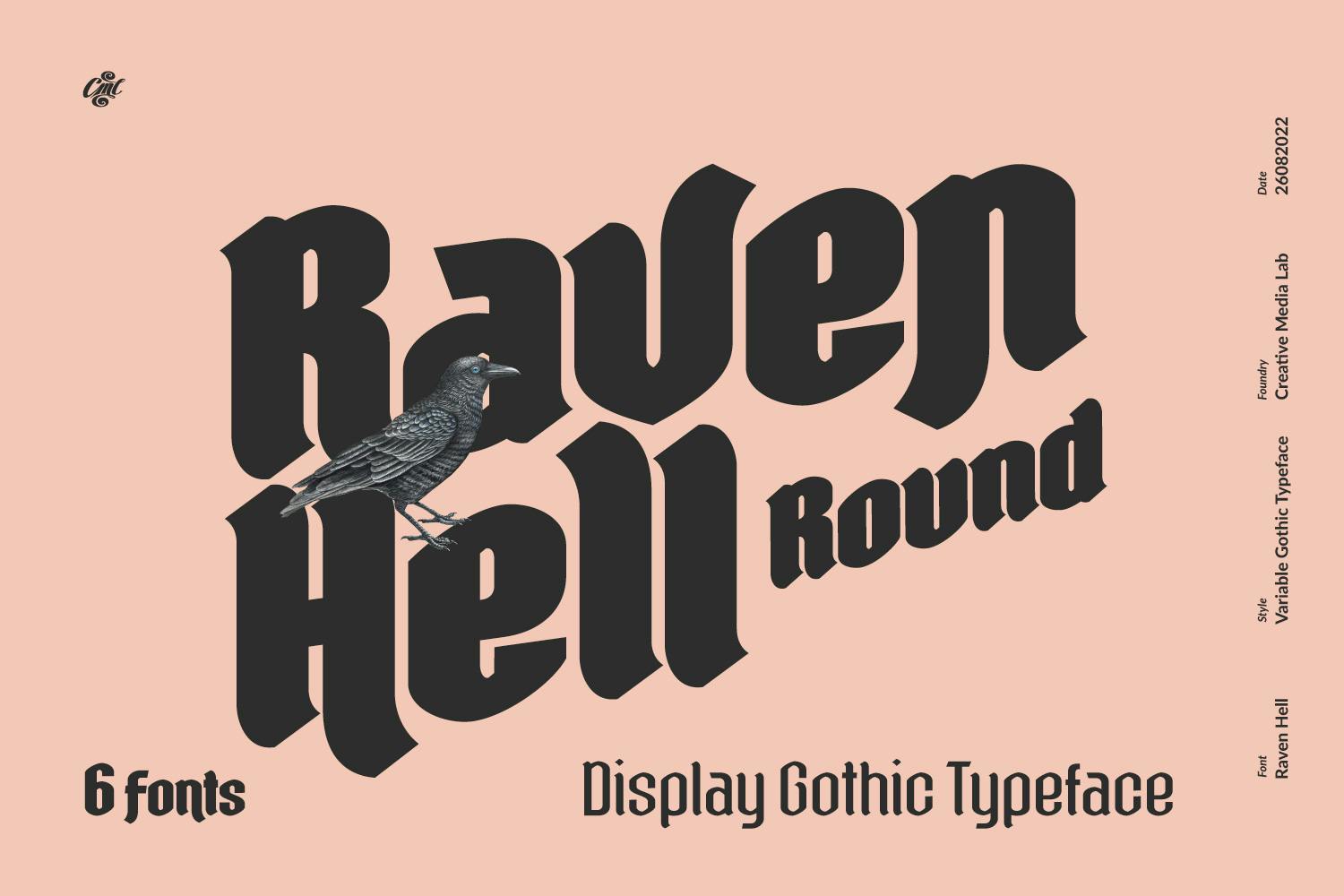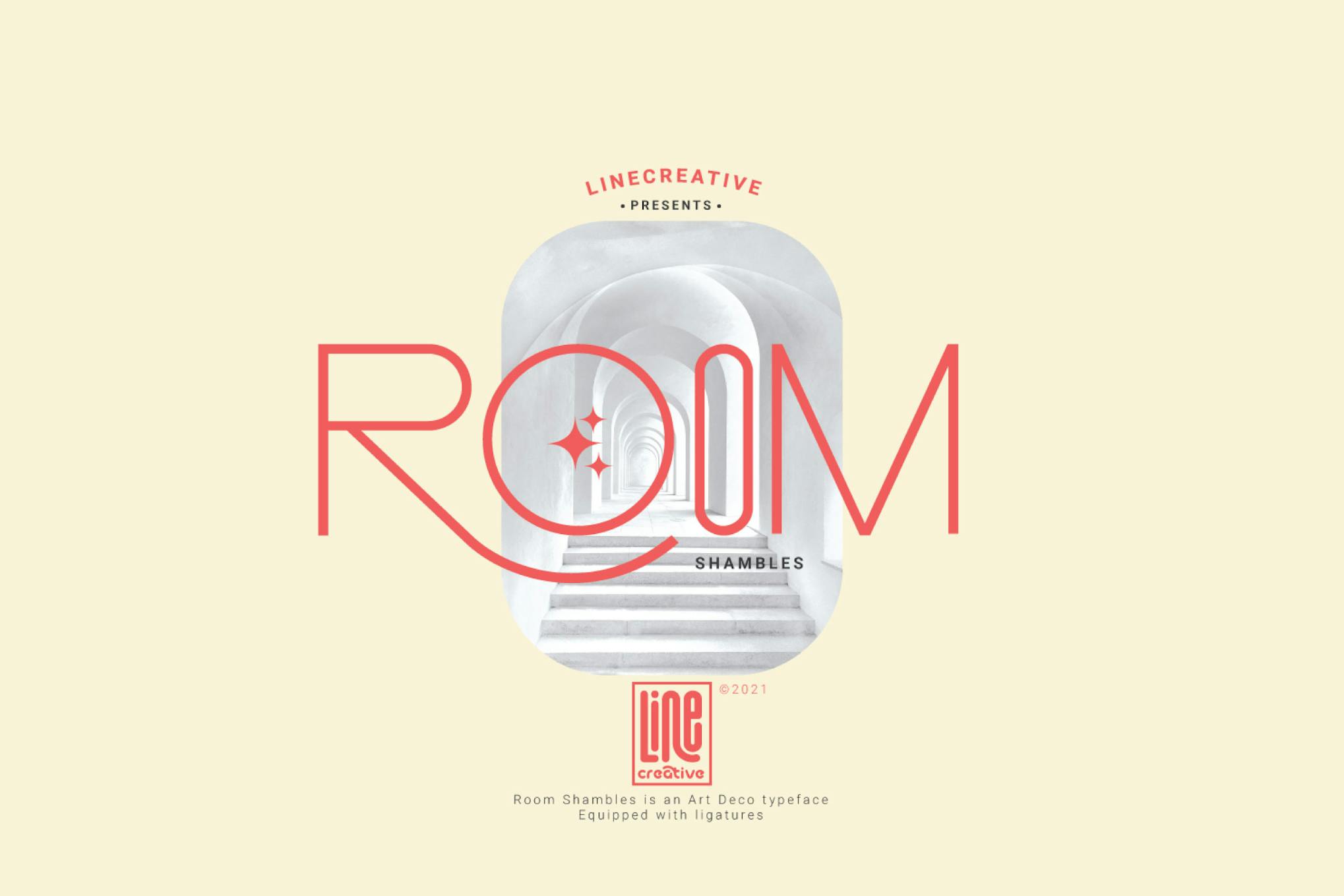25+ Best Branding Fonts for Iconic Identity Designs
The choice of font can make or break a brand’s identity, making it crucial to select typefaces that not only align with your brand’s personality but also stand out in the sea of competition.
In this post, we bring you a handpicked collection of branding fonts that are ideal for crafting a unique brand identity to elevate your identity designs to iconic status.
Each font is chosen for its unique character, versatility, and ability to communicate a brand’s essence at a glance. From elegant serifs that speak of tradition and reliability to modern sans-serifs that exude simplicity and innovation, our collection covers a spectrum of styles to suit any branding vision. Go ahead and start downloading.
2 Million+ Fonts, Typefaces, and Design Resources With Unlimited Downloads
Download thousands of stunning premium fonts and typefaces with an Envato Elements membership. It starts at $16 per month, and gives you unlimited access to a growing library of over 2,000,000 fonts, design templates, themes, photos, and more.
Archi – Modern Branding Font
Archi is a contemporary sans serif typeface that offers a unique blend of rigid tones over a warm structure. Available in two styles with an italic set, this diligently designed font subtly flirts with geometry, ensuring it can confidently serve as a versatile asset for various typographical entities. Archi includes a full uppercase and lowercase set, numbers, punctuation and multilingual support, making it ideal for branding, signage, editorial, and more.
Moulage – Logo Branding Font
Moulage Sans is a contemporary bold sans-serif typeface that’s perfect for dynamic branding and logo designs. This font offers a bold and striking aesthetic and it’s great for creating striking headlines, suitable for diverse design projects like branding, packaging, and advertising. It can be utilized for both web and print, making it a versatile choice for designers looking to bring a bold twist to their work.
Grand Brand – Bold Branding Font
The Grand Brand is an extraordinary branding font for creative design work. Its versatility extends to a variety of uses like labeling, movie scenes, poster design, logos, and more. The package comes with OTF, TTF, and WOFF formats, readily adaptable to fit any project scope.
Thousand Brands – Unique Business Font
The Thousand Brands is an artistic and versatile addition to any designer’s toolkit. With its distinctive flair, it’s perfect for various projects such as creating logos, designing menus, and even apparel. Its fun and engaging style also makes it great for educational purposes.
Abang Fashion – Branding Font
Abang Fashion is a luxury typeface perfect for your brand identity design needs. With nine weights and multilingual symbols, this versatile font includes both lowercase and uppercase letters, numerals, and punctuation. Ideal for titles, logos, clothing designs, magazines, brochures, packaging, and more, it adds a modern, professional touch to every project.
Nixmat – Brand Identity Font
Nixmat is a versatile, minimalist typeface that can enhance your brand’s visual appeal. Its unique style makes it suitable for a broad range of design work, such as logos, name cards, magazine layouts, invitations, and even large-scale artistic pieces. The package includes OTF and TTF files.
Lougra – Modern Branding Logo Font
Lougra is a sophisticated, minimalistic sans serif font that’s perfect for modern branding. Known for its elegance and popularity, Lougra features over 100 monograms or ligatures, giving brands a memorable impression on their audience. With this font, creating a distinctive logo or initial design is made simpler, effortlessly elevating your brand’s visual impact.
Rothefight – Branding Sans Serif Font
Rothefight is a contemporary sans serif font designed keeping in mind the current market trends. It boasts of an elegant and modish appeal making it perfect for branding, logos, or a range of other creative projects. Being versatile, Rothefight includes uppercase, lowercase, multilingual support, along with numerals and punctuation.
Kingsman – Branding Logotype Font
The Kingsman is an elegant and bold font that’s ideal for modern brands. Its unique charm lies in its alternate and ligature presentation which are ideal for product logos, wedding card logos, vintage design, and clothing brand logos. This multilingual support font is perfect for making a bold statement through your designs.
Pritude Radiance – Elegant Branding Serif Font
Pritude Radiance showcases a unique, modern elegance through its serif typeface, ideal for crafting high-end logos, editorial designs, or fashion-centric communications. Its features, including both uppercase and lowercase letters, alternates, ligatures, punctuation, and accented characters, ensure a more diverse design canvas.
Brand – Elegant Branding Font
Brand is an elegant branding font, perfect for creating classy and unique logos. Developed by experienced designers, this font caters to the demand for a distinct yet graceful logo design style. It includes a full set of uppercase letters, multilingual characters, numerals, punctuations, and a ligature collection.
Bright Sunshine – Branding Signature Font Duo
Bright Sunshine is a trendy handwriting font duo marked by its sleek, chic style and contemporary, sophisticated accents. Perfect for a wide range of design tasks from branding to social media posts, Bright Sunshine also includes Italics, upper and lower case letters, symbols, and punctuation compatible with numerous design programs.
Boston Village – Branding Font
Check out Boston Village, a minimalist yet elegant vintage font with diverse stylistic options and support for multiple languages. This versatile branding font is ideal for various mediums, from logo design and clothing branding to product packaging and magazine headers. Its stylish appeal fits seamlessly in both small and large sizes.
Greatly – Branding Font Duo
The Greatly is a striking pair of script and sans fonts that infuse classic charm into any project. Ideal for diverse uses such as logotypes, apparel, invitations, branding, packaging, and advertising, this dynamic duo will undoubtedly enhance the visual appeal of your design while maintaining professional elegance.
Kontesa – Edgy Branding Font
Kontesa Display is an innovative branding font boasting a robust font family, perfect for creating striking logos, captivating headlines, and stunning posters. This elegant typeface exhibits clean, controlled, and modern letterforms in nine weights from thin to black. Notable for its readability and warmth, Kontesa retains its grace whilst showing off an edgy vibe. I
Merauq – Creative Brand Identity Font
Merauq is a versatile display typeface, perfect for a broad range of design projects. With five different widths, it adds considerable depth to your creations, including but not limited to logos, branding, social media posts, and product designs. The Merauq font kit comes in .otf, .ttf, and .woff formats – a testament to its adaptability.
Montero – Stylish Branding Font
Montero is a stunning luxury typeface with a dependable style and modern touches. It shines in everything from logos and magazines to movies, making it superb for branding, headlines and posters. The typeface has six weights, allowing for various applications, and its design expertly combines clean, minimalist charm with versatility.
Raven Hell Round – Branding Font
Raven Hell Round is an inspiring font with Gothic-leaning designs. With six styles ranging from thin to black, you’ll find just the weight you need. Numerous alternates provide even more customization. Ideal for gothic-themed projects, Raven Hell Round can make clothing labels, packaging, and branding materials especially distinctive.
Gamilia – Stylish Serif Branding Font
Gamilia is a stylish serif branding font. Its elegantly refined lines and modern appeal add a dash of timeless sophistication to your designs. This versatile typeface is excellent for a broad range of design projects, from greeting cards and packaging to brand identities and posters, elevating your work to new levels of elegance and trendiness.
Austral Slab – Layered Branding Font
The Austral Slab is a distinctive handwritten font with unique textures. It has irregular, crooked strokes that add personality to your work. The font has three weights, Regular, Light, and Thin, and is suited for a wide range of projects. The triple alphabet sets and Open-Type features like Stylistic Alternates and Ligatures make this font more dynamic and versatile.
Burtons – Classic Branding Font
Burtons is a fresh display font pairing featuring both serif and script versions. Its unique characters are ideal for a wide range of uses, including headlines, signs, greeting cards, and even t-shirts. With uppercase and lowercase capabilities, stylistic alternates, ligatures, symbols, punctuation, and international characters, Burtons is a versatile asset for your creative toolbox.
Room Shambles – Unique Branding Font
Room Shambles is an Art Deco-inspired typeface that’s perfect for branding designs. Savvy with multilingual capitalization, numbers, and punctuation, it’s designed to add a luxurious touch to a variety of projects. Be it fashion promotions, art gallery branding, modern advertising, or stationery designs, this unique branding font goes beyond common categories, stamping a classic appeal on every creation.
Bondist – Elegant Branding Font
Bondist is a chic, modern font that adds a touch of elegance to any branding project. Its unique versatility makes it an ideal fit for both free-spirited, boho designs and more sophisticated, editorial looks. This font is brilliant for branding, social media, prints, shirts and even svg files. Bondist Display also offers a wealth of stylistic alternatives, making it easy to customize in programs like Photoshop and Illustrator.
Free Branding Fonts
Cotta – Free Elegant Serif Branding Font
Cotta is a beautifully elegant font that has a classy letter design. It’s perfect for modern fashion and lifestyle brand identity designs. The elegance of its character design will surely add a unique look to logos and packaging designs.
Molen – Free Branding Font
A creative and dynamic font for branding and brand identity designs. This font features a stylish letter design with a retro psychedelic-style vibe. It will fit in perfectly with modern apparel, luxury, and fashion brands. It’s free for personal use.
Kolbano – Free Slab Branding Font
Kolbano is a modern branding font featuring a unique slab-style letter design. It features clean and simple letters with a stylistic slab design that makes your titles and headings look extra cool. The font is free for personal use.
Long Johnson – Free Branding Font
The creative square-shaped letter design gives this font a very distinctive look and feel. The font also features tall and narrow letters that are most suitable for your brand logo and marketing design projects. The font is free to use with personal projects.
Lucky Change – Free Brand Identity Font
If you’re looking for a branding font with a classy and elegant look, this one is perfect for your brand identity design. It comes with curvy and beautiful letters that will make your titles, logos, and headings stand out from the crowd. The font is free for personal use.

































